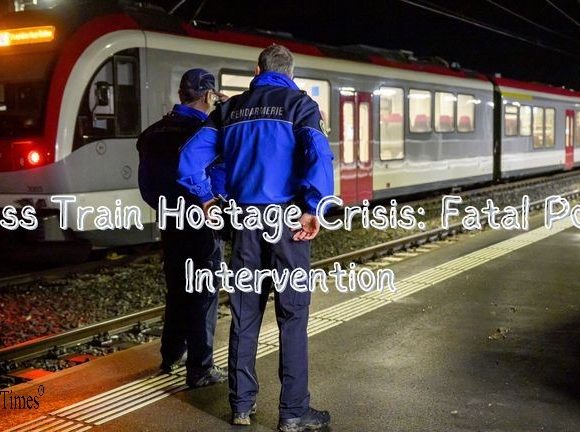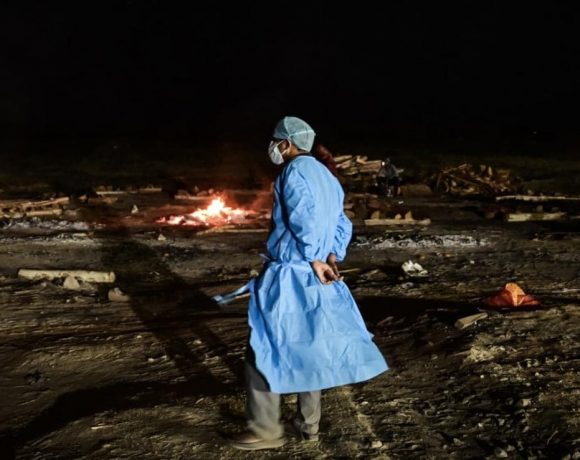
Switzerland has cancelled a planned conference on the application of the Geneva Conventions to the occupied Palestinian territories due to a lack of consensus among participating states. The event, scheduled for March 7 in Geneva, aimed to address the humanitarian situation in the West Bank, Gaza, and East Jerusalem under the Fourth Geneva Convention. However, Switzerland’s Foreign Affairs Ministry confirmed the cancellation after some countries expressed dissatisfaction with the draft declaration.
The Palestinian ambassador to the United Nations in Geneva, Ibrahim Khraishi, criticized the proposed declaration for lacking concrete measures, calling instead for economic and diplomatic actions against Israel to ensure the implementation of the Geneva Conventions. The Organisation of Islamic Cooperation also planned to boycott the event, stating that the document failed to reflect the severity of the situation. Israel, which has been engaged in a war with Hamas and expanding settlements in the West Bank, dismissed the conference as “legal warfare” against the country.
Several Western nations, including Britain, declined to fully support the proposed declaration, leading to a lack of participation. While some European states intended to attend, concerns from Israel’s allies contributed to the conference’s cancellation, marking a diplomatic setback for neutral Switzerland, which has long been known for hosting peace talks and conflict mediation efforts.
Pic Courtesy: google/ images are subject to copyright


